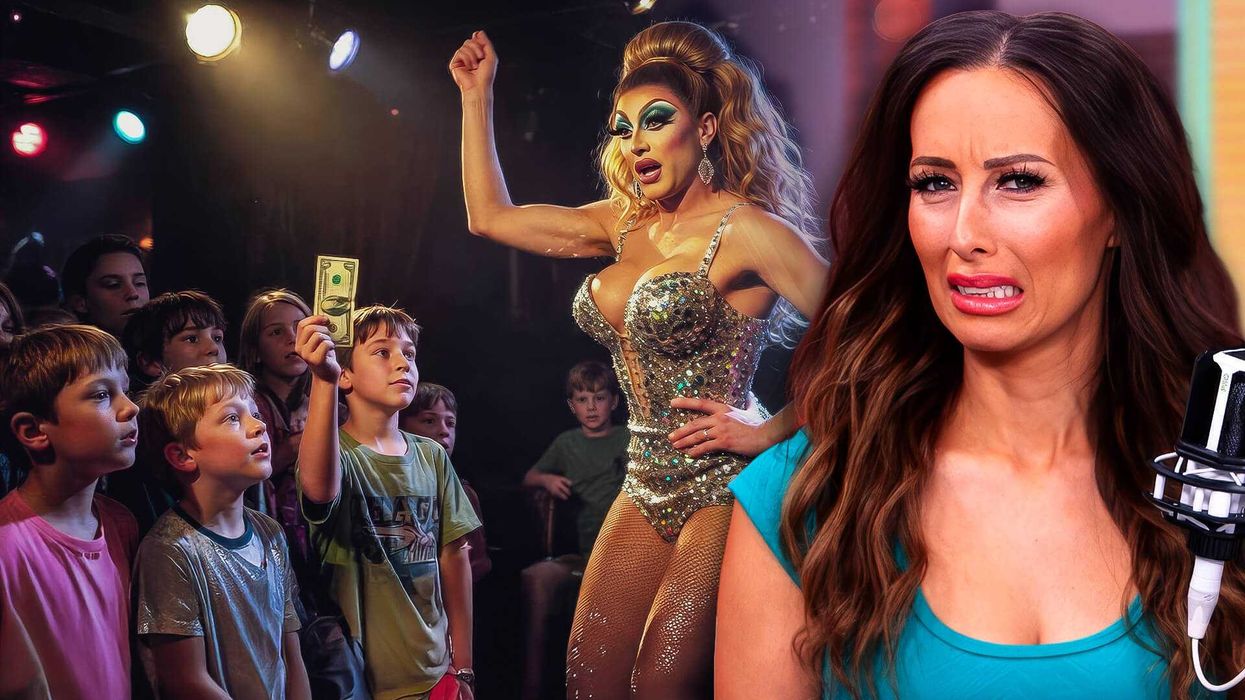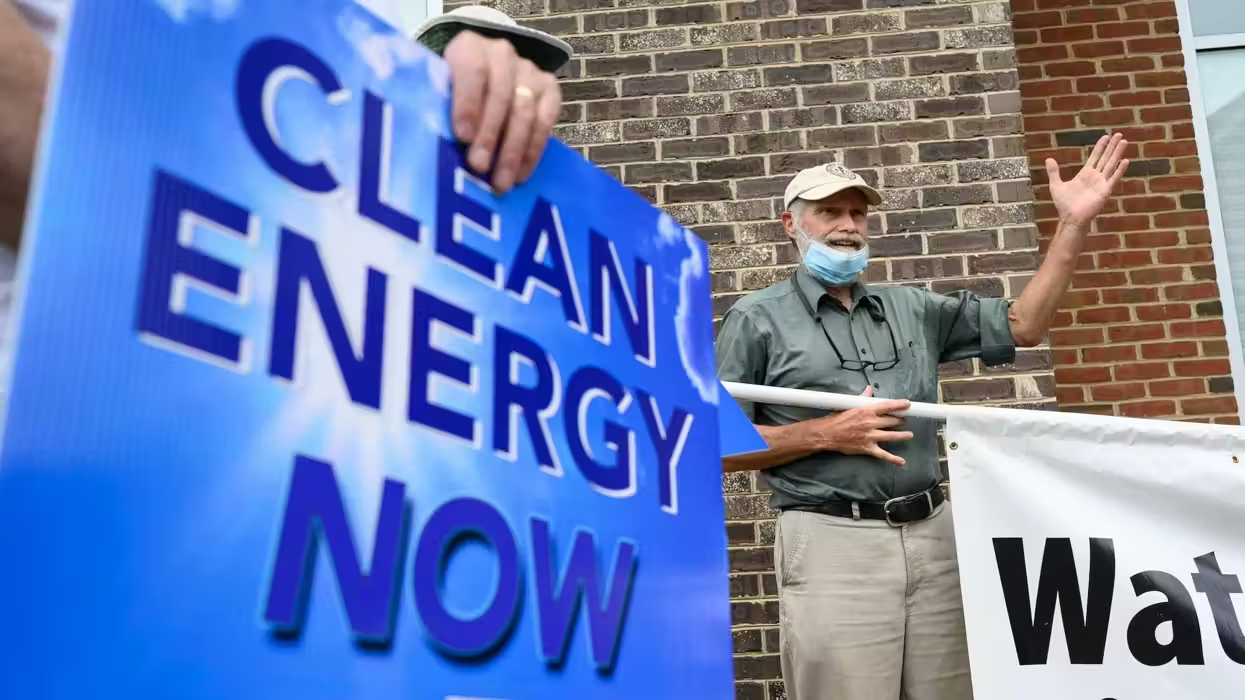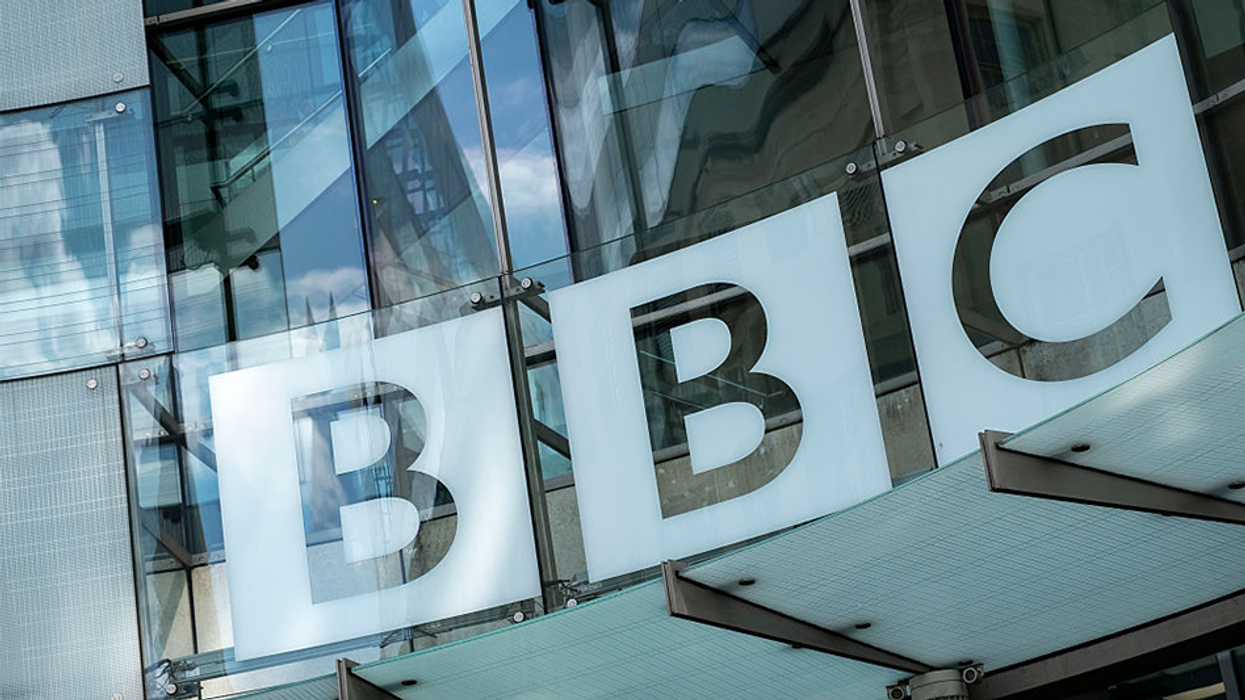© 2025 Blaze Media LLC. All rights reserved.
Regulators: British Islam Channel Promotes Rape, Encourages Violence Against Women
November 09, 2010
"It is only right that the Islam Channel has been held to account."

Britain's Islam Channel has come under fire for breaking broadcasting rules by promoting marital rape, encouraging violence against women, and trumpeting an anti-Israel, pro-Hamas message, British officials say.

CNN reports that Ofcom, the British version of the FCC, asked channel representatives to meet the regulator "to explain and discuss" how it plans to comply with rules after segments from the channel showed hosts and guests engaging in controversial dialogue and opining.
CNN's story details at least three offenses:
One violation came during an advice program in which a female caller asked if a woman could hit her husband back if he was beating her. The host, as part of his answer, said the most a husband could do was hit her with a stick the size of a pen "just to make her feel that you are not happy with her."The same host said in another program that for a woman to wear perfume when praying in a mosque made her a prostitute in the eyes of the Prophet Mohammed.
Another violation took place in a discussion about an Afghan law that, critics say, allows men to rape their wives.
"To refuse relations would harm a marriage," a guest on the program said.
Regulators launched the investigation after Britain's Quilliam Foundation released a report "Re-Programming British Muslims" detailing the channel's offenses.
(Read the Quilliam Foundation's report)
"I have been disturbed by the fact that, as shown by our analysis, the very same extremists that the Islam Channel is expected to speak out against are instead promoted by the network," Talal Rajab wrote in the report, "and in some cases even allowed to host and produce programmes commissioned by the channel."
"It is only right that the Islam Channel has been held to account," Rajab told CNN. The channel's agenda "risks having a negative effect not only on British Muslim communities but also on relations between Muslims and non-Muslims," he said.
In March, Islam Channel CEO Mohamed Ali Harrath responded to the foundation's report to the BBC:
[This is part one; view parts two and three.]
Ofcam's recent chiding shows they agree with Quilliam. According to Rajab, however, the channel's programing has gotten better. He told CNN "there are encouraging signs that the channel is now making efforts to improve its output and to give greater airtime to a wider range of more mainstream Muslim voices."
The Islam Channel declined comment to CNN.
Want to leave a tip?
We answer to you. Help keep our content free of advertisers and big tech censorship by leaving a tip today.
Want to join the conversation?
Already a subscriber?
Jonathon M. Seidl is a former managing editor of Blaze News and a best-selling author and speaker. His next book, “Confessions of a Christian Alcoholic,” will be released on October 7, 2025.
Jonathon M. Seidl
Jonathon M. Seidl is a former managing editor of Blaze News and a best-selling author and speaker. His next book, “Confessions of a Christian Alcoholic,” will be released on October 7, 2025.
more stories
Sign up for the Blaze newsletter
By signing up, you agree to our Privacy Policy and Terms of Use, and agree to receive content that may sometimes include advertisements. You may opt out at any time.
Related Content
© 2025 Blaze Media LLC. All rights reserved.
Get the stories that matter most delivered directly to your inbox.
By signing up, you agree to our Privacy Policy and Terms of Use, and agree to receive content that may sometimes include advertisements. You may opt out at any time.





